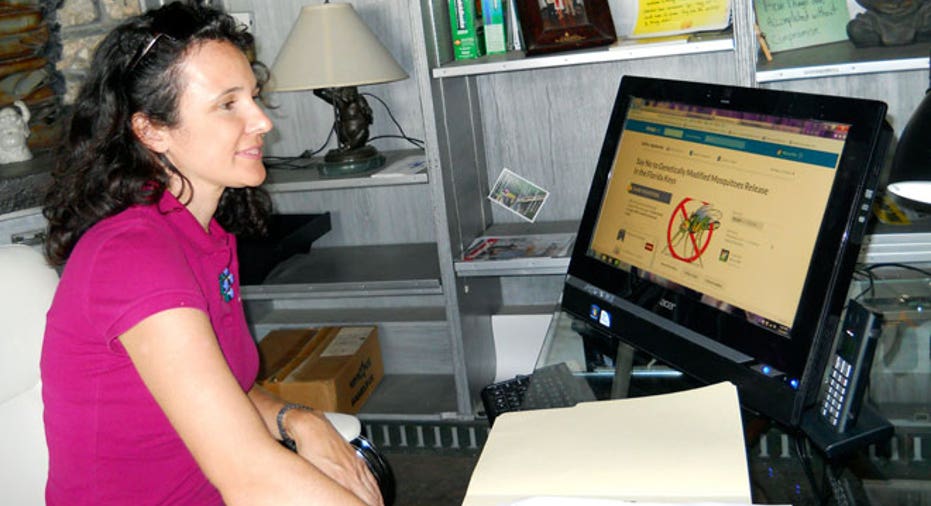Work on the Go

Telecommuting jobs are becoming more common place, giving job seekers more opportunities to find employment outside of their location.
According to Global Workplace Analytics, the workplace research company, teleworking increased nearly 80% from 2005 to 2012. The reasons why companies are more willing to embrace telecommuting vary. For one, it’s a cost saver. And on the other hand, advances in technology have made it easier than ever to work anywhere any time.
“Though some might see telecommuting as only a perk to the employee, it is mutually beneficial between the employee and employer because overhead costs are reduced, stress is reduced, and productivity is increased,” says Pete Metz, owner of SkipTheDrive.com, a telecommuting job site. “It's been said that many employees would choose telecommuting over a pay raise.”
Scams abound with work at home jobs
When it comes to finding a telecommuting or remote opportunity, job seekers have to be careful because scam abounds in this area. Some scam statistics out there claim the ratio is anywhere from 42:1 to 61:1, which means for every 1 job there’s 42 to 61 scams. That’s not to say there aren’t a lot of legitimate ones, but you have to be careful when searching.
According to Kim Costa, job coach at Snagajob, scams are usually easy to identify because many scammers will require personal information like a bank account number as part of the application process, or will ask for money up front. Another sign the job isn’t real is the listing claims you will make large amounts of money in a short period of time. “If it sounds too good to be true, it probably is,” says Metz. “Use caution and make sure to do your homework by researching the company in question.”
Success comes from your temperament
Your temperament also plays a role in whether or not you will be able to handle a job where you spend most of your days at home alone. Experts say people who thrive working independently and have the ability to shut out daily distractions is best suited for these types of jobs. “Individuals that are considering a telecommuting job must be able to hold themselves accountable, since they won’t have a boss standing over their shoulder every day; they must also consider the solitude that a telecommuting job has as they often will go full days without any personal interaction,” says Costa. “However, there are many positives to working in a telecommuting role, for example, you can often work from the comfort of your own home, dress however you like, take breaks or run errands at odd times of the day.”
According to Metz the traits that successful telecommuters possess include self-motivation, an efficiency in prioritizing, great communications skills and the ability to separate work life from personal life.
Avoid “work at home” when looking for jobs
Searching for a telecommuting job is similar to looking for any other role, but Brie Reynolds, director of content for FlexJobs www.flexjobs.com, says to stay away from search terms such as “work at home” which is used in a lot of scam advertisements. Instead, she says to search for job using terms including telecommuting, remote jobs and/or virtual jobs. It’s also a good idea to visit the websites of the companies you are interested in working for to see what their stance is on remote workers.
Since these jobs are going to be in high demand, experts say you want to set yourself apart from the pack by showcasing how you can work independently. “Any experience you have working on your own schedule and managing yourself is really important,” says Reynolds. What’s more, she says you need to showcase your communications skills whether it’s talking over the phone or using technology to communicate virtually. “You want to brand yourself as someone who has experience” working remotely, says Reynolds, noting that that brand should be represented on your social media pages as well.
Metz says you also want to highlight on your resume that you have the tools to work remotely and you won’t rely on the company to provide the necessary technology. For instance, he says you’ll need a reliable internet connection, computer, phone and online chat tool. “Nowadays many people have the aforementioned tools,” says Metz. “If you're willing to pay for these expenses out of pocket, it would be a good idea to mention this in your cover letter too.”
More From Glassdoor
How To Ace Your Next Phone Interview
How To Use Layoffs To Find a Job



















